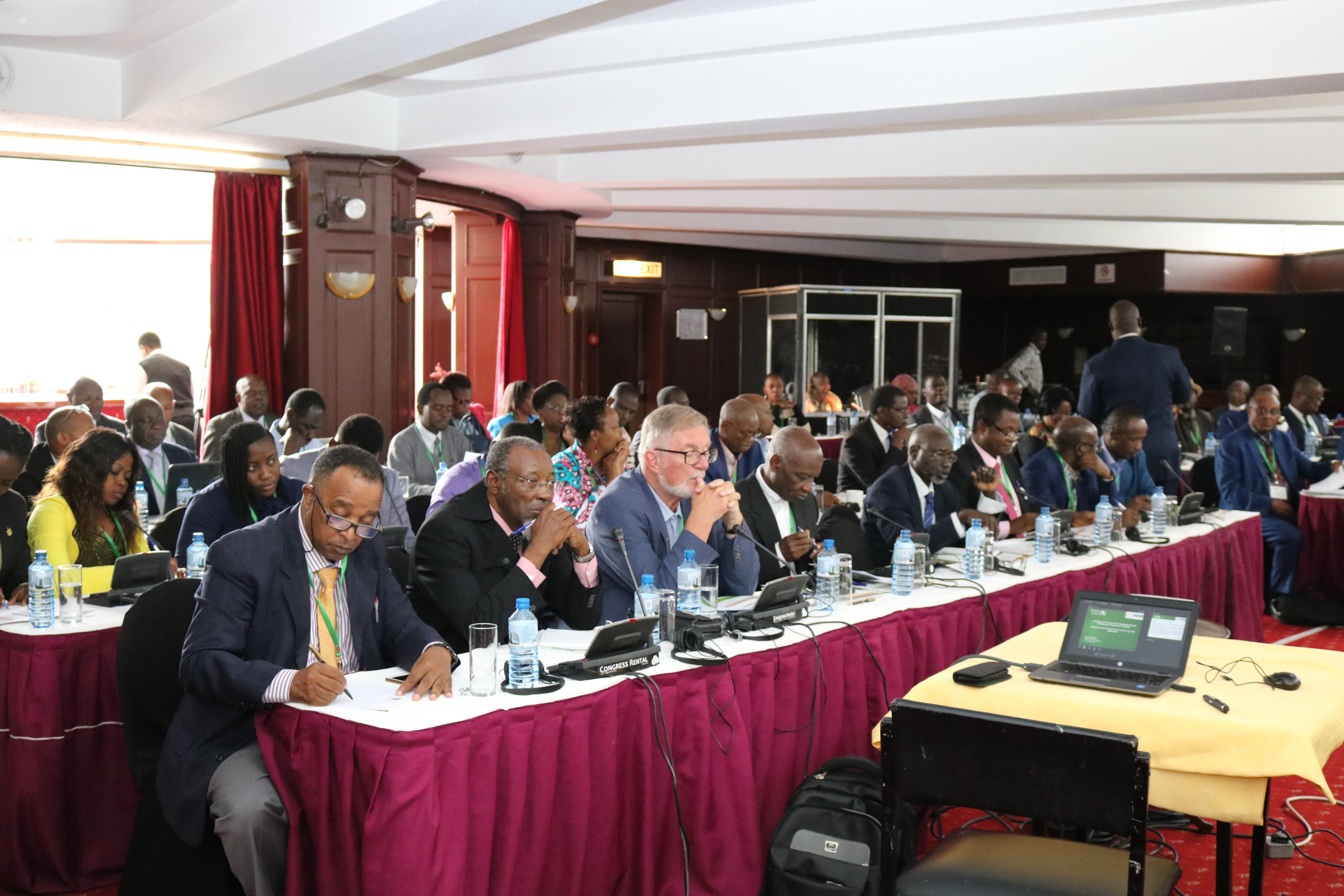Providing local communities including women with the right resources to manage forests shrinking in Africa could help ease poverty and deforestation, Environment experts have said in a training workshop on sustainable forest management organized by the African Forest Forum in Nairobi, Kenya.
Drawing examples from Brazil and Nepal where thousands of community-led forest initiatives have significantly led to a drop in deforestation, the experts say such success cases, if replicated in Africa will help drive efforts towards sustainable forest management.
A case study from Nepal presented at the workshop shows that supporting communities to take care of their own forests led to a 37 percent drop in deforestation and a 4.3 percent decline in poverty levels between 2000 and 2012.
Forest experts say this should be the way forward for Africa.
“Giving local communities in Africa the chance to look after their own forests will permit them intensify measures against illegal logging and other abuses because they know the forest is their future” says Dr Julius Chuezi Tieguhong, a forest researcher and participant at the African Forest Forum training work shop.
He says community forest management will help achieved a clear win-win for local people, protect the environment and fight against poverty.
Another expert, Cecile Ndjebet of the African Women’s Network for Community Management of Forest, abbreviated in french (REFACOF) emphasized on the need to drive sustainable forest management by providing local community women with alternative income generating activities that keeps them away from destroying their forest and their future.
She cited the case of Cameroon where a government support agriculture programme for local farmers has permitted forest community women to be able to engage in processing, packaging and marketing of Non-timber Forest Products (NTFP) like pepper, ginger and other spices to improve on their income.

